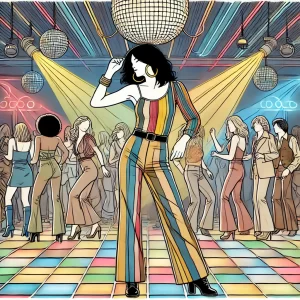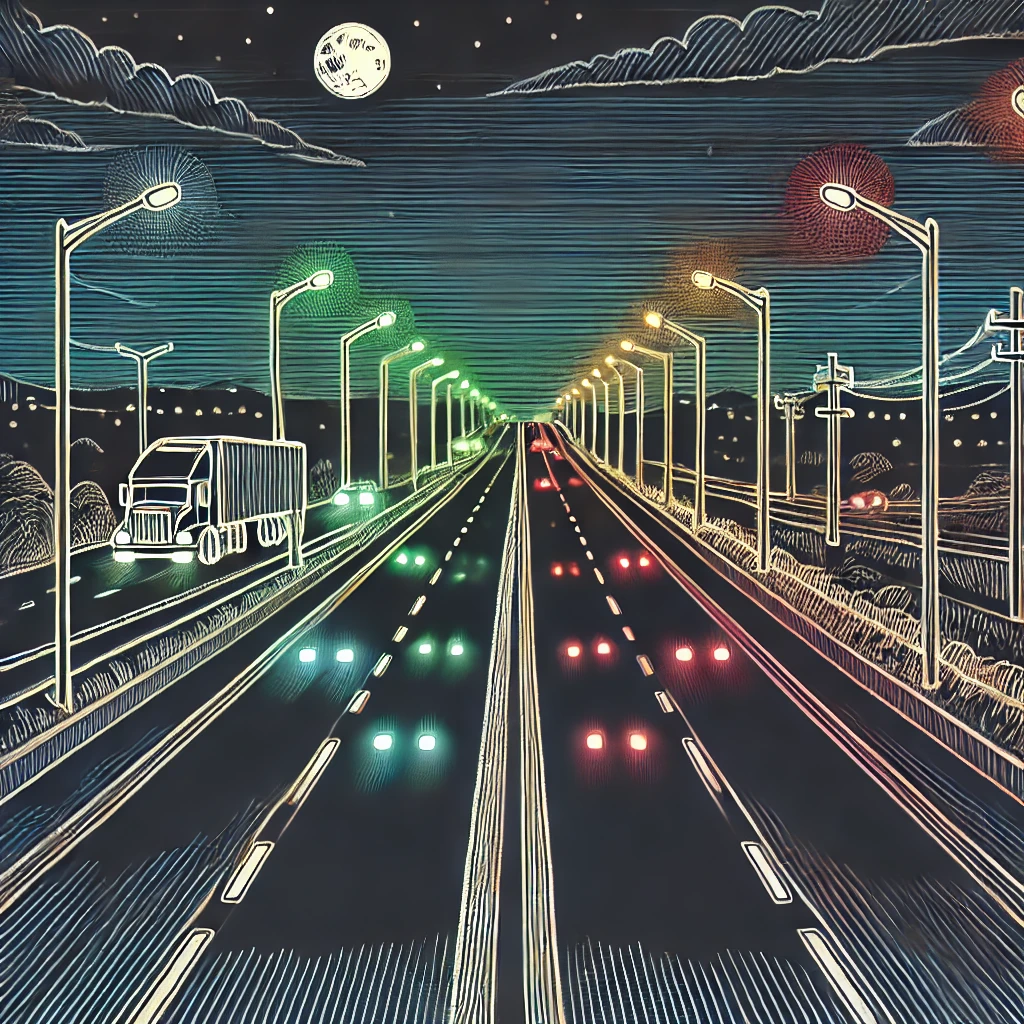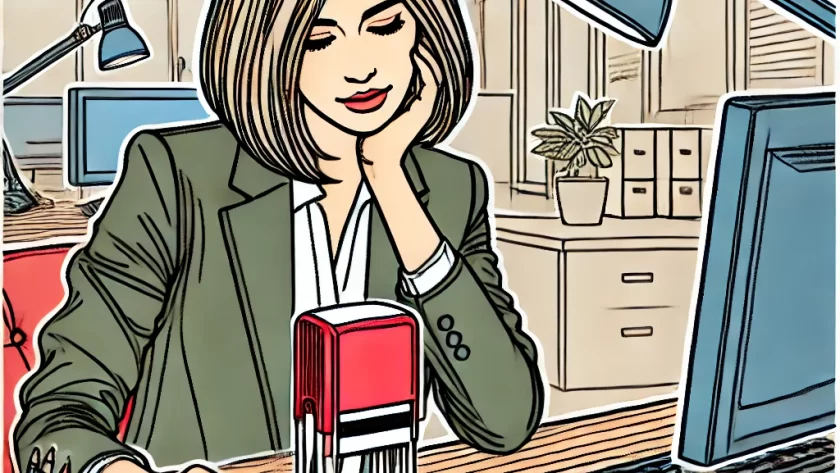プラスティック・ラブ [Purasutikku Rabu]
竹内まりや [Takeuchi Mariya]
Words & Music : 竹内まりや [Takeuchi Mariya]
“Plastic Love” is originally a track from the 1984 album “Variety”. The song was written and composed by Mariya Takeuchi, and produced with the arrangement of her husband, Tatsuro Yamashita. The sophisticated, Western-style arrangement is believed to reflect Yamashita’s tastes.
In the late 2010s, a wave of reevaluation of 1980s Japanese sophisticated pop and funk, now referred to as “City Pop,” began overseas, leading to numerous remixes and re-edits being uploaded to the internet.
Among them, an unofficial upload of “Plastic Love” on YouTube in 2017 has recorded over 24 million views. “Plastic Love” became a staple in the genre of “Future Funk,” being widely featured in overseas media and becoming famous among music enthusiasts.
突然のキスや熱いまなざしで
totsuzen no kisu ya atsui manazashi de
恋のプログラムを狂わせないでね
koi no puroguramu o kuruwasenai de ne
- 突然 [totsuzen] : suddenly
- キス [kisu] : kiss
- 熱い [atsui] : hot
- まなざし [manazashi] : gaze
- 恋 [koi] : love
- プログラム [puroguramu] : program
- 狂わせる [kuruwaseru] : disrupt
(translation) “Don’t disrupt the love program with a sudden kiss or a hot gaze.”
What does “love program” mean?
出逢いと別れ上手に打ち込んで
dea to wakare jōzu ni uchikonde
時間がくれば終わる Don’t hurry!
jikan ga kureba owaru Don’t hurry!
- 出会い(であい) [deai] : encounter
- 別れ(わかれ) [wakare] : farewell
- 上手な(じょうずな) [jōzu na] : skillful
- 打ち込む(うちこむ) [uchikomu] : input
- 時間(じかん) [jikan] : time
- くる(くる) [kuru] : come
- 終わる(おわる) [owaru] : end
(translation) “Skillfully input encounters and farewells,
and when the time comes, it will end. Don’t hurry!”
The phrase “when the time comes, it will end” is spoken as if it’s office work. Love is being treated as if it’s a job. “Program” and “input” are being used as office work terms.
愛に傷ついたあの日からずっと
ai ni kizutsuita ano hi kara zutto
昼と夜が逆の暮らしを続けて
hiru to yoru ga gyaku no kurashi o tsudzukete
- 愛(あい) [ai] : love
- 傷つく(きずつく) [kizutsuku] : hurt
- あの [ano] : that
- 日(ひ) [hi] : day
- ずっと [zutto] : all the time
- 昼(ひる) [hiru] : day
- 夜(よる) [yoru] : night
- 逆(ぎゃく) [gyaku] : reverse
- 暮らし(くらし) [kurashi] : living
- 続ける(つづける) [tsudzukeru] : continue
(translation) “Ever since that day when I was hurt by love,
I’ve been living with day and night reversed.”
はやりのDiscoで踊り明かすうちに
hayari no Disco de odori akasu uchi ni
おぼえた魔術なのよ I’m sorry!
oboeta majutsu na no yo I’m sorry!
- はやりの [hayari no] : trendy
- ディスコ [Disco] : disco
- 踊る(おどる) [odoru] : dance
- 明かす(あかす) [akasu] : stay up
- 覚える(おぼえる) [oboeru] : learn
- 魔術(まじゅつ) [majutsu] : magic
(translation) “While dancing all night at the trendy disco,
I learned this magic. I’m sorry!”
Disco refers to what we now call a nightclub. It’s a term reflecting the popularity of the 1970s and 1980s.
“明かす / akasu” implies staying up all night and reaching the morning as a result of dancing.

The subject is omitted in this sentence, so it’s unclear what the magic is exactly, but perhaps it means that becoming able to treat love as if it were a job is like being a magician?
私のことを決して本気で愛さないで
watashi no koto o kesshite honki de aisanai de
恋なんてただのゲーム 楽しめばそれでいいの
koi nante tada no gēmu tanoshimeba sore de ī no
閉ざした心を飾る 派手なドレスも靴も 孤独な友だち
tozashita kokoro o kazaru hade na doresu mo kutsu mo kodoku na tomodachi
- 私(わたし) [watashi] : I
- 決して…ない(けっして…ない) [kesshite…nai] : never
- 愛する(あいする) [aisuru] : love
- 恋(こい) [koi] : love
- ただの [tada no] : just
- ゲーム [gēmu] : game
- 楽しむ(たのしむ) [tanoshimu] : enjoy
- いい [ī] : good
- 閉ざす(とざす) [tozasu] : close
- 心(こころ) [kokoro] : heart
- 飾る(かざる) [kazaru] : decorate
- 派手(はで) [hade] : flashy
- ドレス [doresu] : dress
- 靴(くつ) [kutsu] : shoes
- 孤独(こどく) [kodoku] : loneliness
- 友達(ともだち) [tomodachi] : friend
(translation) “Never love me seriously.
Love is just a game; it’s fine as long as you enjoy it.
The flashy dresses and shoes that decorate my closed heart are lonely friends.”
私を誘う人は皮肉なものね いつも彼に似てるわ
watashi o sasou hito wa hiniku na mono ne itsumo kare ni niteru wa
なぜか思い出と重なり合う
nazeka omoide to kasanari au
グラスを落として急に涙ぐんでも わけは尋ねないでね
gurasu o otoshite kyū ni namidagunde mo wake wa tazunenaide ne
- 誘う(さそう) [sasou] : invite
- 人(ひと) [hito] : person
- 皮肉(ひにく) [hiniku] : irony
- いつも [itsumo] : always
- 彼(かれ) [kare] : he
- 似ている(にている) [niteiru] : resemble
- なぜか [nazeka] : somehow
- 思い出(おもいで) [omoide] : memory
- 重なる(かさなる) [kasanaru] : overlap
- グラス [gurasu] : glass
- 落とす(おとす) [otosu] : drop
- 急に(きゅうに) [kyū ni] : suddenly
- 涙ぐむ(なみだぐむ) [namidagumu] : become teary
- わけ [wake] : reason
- たずねる [tazuneru] : ask
(translation) “The person who invites me is always ironic, always resembling him.
Somehow, it overlaps with memories.
Even if I suddenly become teary and drop a glass, please don’t ask the reason.”
夜更けの高速で眠りにつくころ
yofuke no kōsoku de nemuri ni tsuku koro
ハロゲンライトだけ妖しく輝く
harogen raito dake ayashiku kagayaku
- 夜更け(よふけ) [yofuke] : late night
- 高速道路(こうそくどうろ) [kōsokudōro] : highway
- 眠る(ねむる) [nemuru] : sleep
- ころ [koro] : around
- ハロゲンライト [harogen raito] : halogen light
- 輝く(かがやく) [kagayaku] : shine
(translation) “Around the time I fall asleep on the highway late at night, only the halogen lights shine eerily.”
“高速” (kōsoku) is an abbreviation for “高速道路” (kōsokudōro) (=highway).

氷のように冷たい女だと
kōri no yō ni tsumetai onna da to
ささやく声がしても Don’t worry!
sasayaku koe ga shite mo Don’t worry!
- 氷(こおり) [kōri] : ice
- ように [yō ni] : like
- 冷たい(つめたい) [tsumetai] : cold
- 女(おんな) [onna] : woman
- 囁く(ささやく) [sasayaku] : whisper
- 声(こえ) [koe] : voice
(translation) “Even if a whispering voice says I’m a cold woman like ice, don’t worry!”
The part “Don’t worry” feels more fitting as “I don’t worry.”
Since this is the first article, let me state that focusing too much on small details won’t help us progress (a reminder to myself as well).
I’m just playing games I know that’s plastic love
Dance to the plastic beat Another morning comes
I’m just playing games I know that’s plastic love
Dance to the plastic beat Another morning comes
The lyrics depict a city woman enjoying free love while sometimes feeling lonely. Regarding the lyrics,
it’s a bit unusual that the English interjections come in sporadically. Usually, English lyrics are inserted at the beginning of the chorus. It can be said that it was uniquely made to sound like Western music.
Musically, I think it’s really cool. A bit old-fashioned, but really cool, is probably the impression people have nowadays.
Thanks for reading! Feel free to comment if you have any feedback or questions.
Follow me on X.



